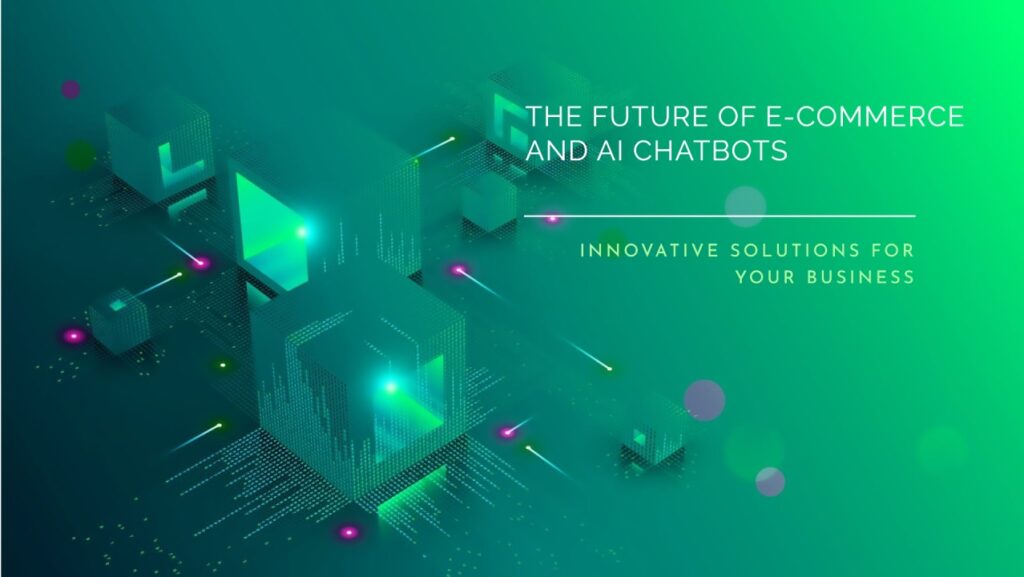In today’s digital age, WhatsApp has emerged as a powerful platform for businesses to connect with customers. With over 2 billion active users, it offers businesses an unparalleled opportunity to engage with a massive audience. The integration of artificial intelligence (AI) through chatbots on WhatsApp is transforming customer service, sales, and marketing, making communication faster, personalized, and efficient.








